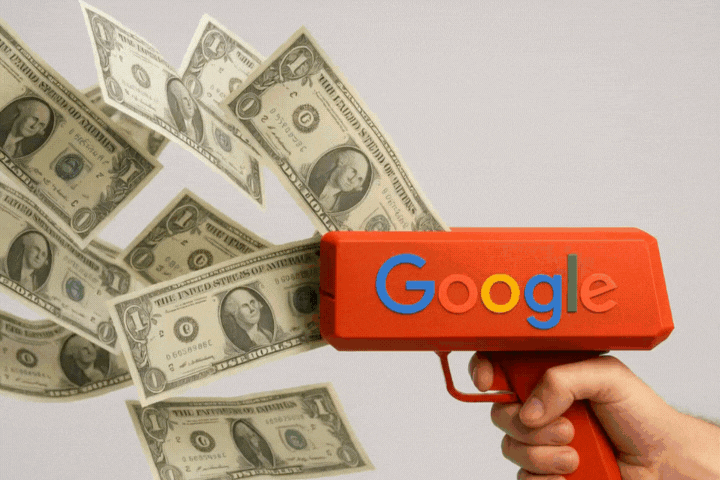Google has agreed to a $1.375 billion settlement with the state of Texas, resolving two major lawsuits related to data privacy.
Filed in 2022 by Texas Attorney General Ken Paxton, the suits alleged Google unlawfully collected and tracked users’ geolocation, biometric data, and activity in Incognito mode, features that many users believed were protected from surveillance.
This marks the largest privacy-related payout secured by a single state against the tech giant.
While Google did not admit wrongdoing as part of the settlement, the company emphasized that the issues raised were based on outdated practices and stated it has since reformed its data handling policies. No new product changes were mandated as part of the agreement.
Why It Matters: This settlement reinforces growing state-level scrutiny over Big Tech’s privacy practices and signals that large-scale financial consequences are increasingly possible for violations. It also strengthens the precedent for individual states to independently pursue significant data privacy actions.
- Unprecedented Financial Penalty Reflects State-Level Momentum: Texas’s $1.375 billion deal surpasses any previous single-state privacy settlement with Google, including a 2022 multistate agreement where the company paid $391.5 million to 40 states over location tracking issues. This massive payout highlights how individual states are no longer waiting for federal regulators and are instead leveraging their legal authority to pursue impactful outcomes on their own. It also raises the bar for what other states might demand in similar disputes moving forward.
- Comprehensive Allegations of User Misinformation and Surveillance: The core of the lawsuits revolved around the claim that Google misrepresented the privacy protections offered to users, especially in Incognito mode, which consumers often associate with anonymity. Texas alleged that users were unknowingly tracked even when privacy settings implied otherwise. Furthermore, the inclusion of biometric data such as facial recognition and voiceprints in the complaints points to the broad scope of surveillance methods under scrutiny, adding new layers of complexity to the legal and ethical debate over data collection.
- No Mandated Changes to Products or Admission of Guilt: Google emphasized that this settlement resolves “a raft of old claims” and does not require the company to modify its current operations or services. The company maintains it has already addressed the concerns by improving its privacy controls and disclosures in recent years. By avoiding both an admission of wrongdoing and additional compliance mandates, Google preserves its ability to manage its platforms without court-imposed oversight, while still absorbing a historic financial hit.
- Attorney General Ken Paxton’s Expanding Tech Enforcement Agenda: The case solidifies Paxton’s position as a leading state-level enforcer in the area of digital rights and privacy. He has actively pursued Big Tech companies over consumer protection issues, including a separate $1.4 billion settlement with Meta last year regarding its use of facial recognition. Paxton has also filed suit against insurance giant Allstate over alleged illicit data brokerage practices, indicating a broader strategy to scrutinize how major corporations collect and monetize personal data across industries.
- Signals for Future Legal and Policy Challenges: The outcome may embolden other states to initiate or escalate legal action against tech companies for perceived privacy violations. While federal privacy laws remain fragmented and limited, high-profile settlements like this one can influence national policy conversations, shape user expectations, and push companies to adopt more uniform and transparent data practices. It may also accelerate calls for federal privacy legislation by showcasing the gaps in current regulatory frameworks.
Google will pay a $1.375 billion settlement to Texas over privacy violations – The Verge





 Subscribe to the Early Morning Byte! Begin your day informed, engaged, and ready to lead with the latest in technology news and thought leadership.
Subscribe to the Early Morning Byte! Begin your day informed, engaged, and ready to lead with the latest in technology news and thought leadership.